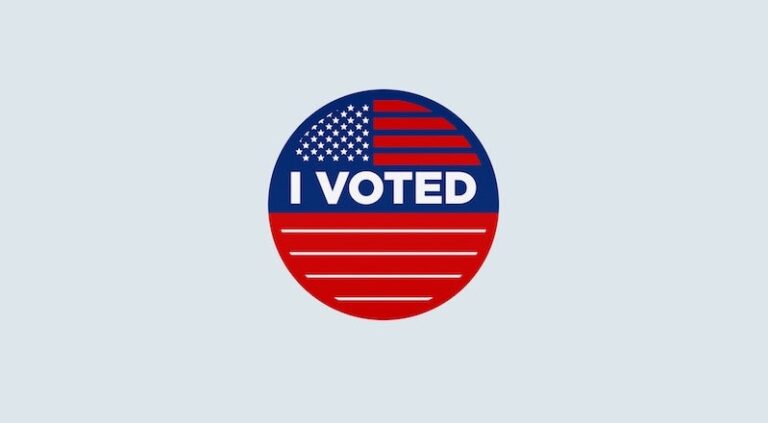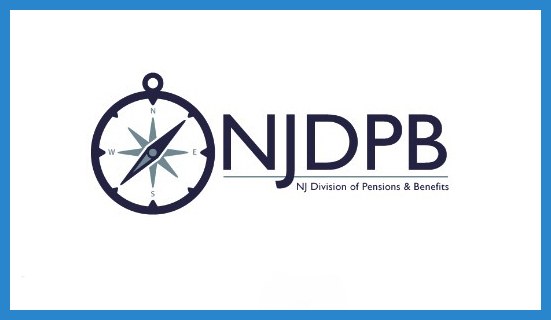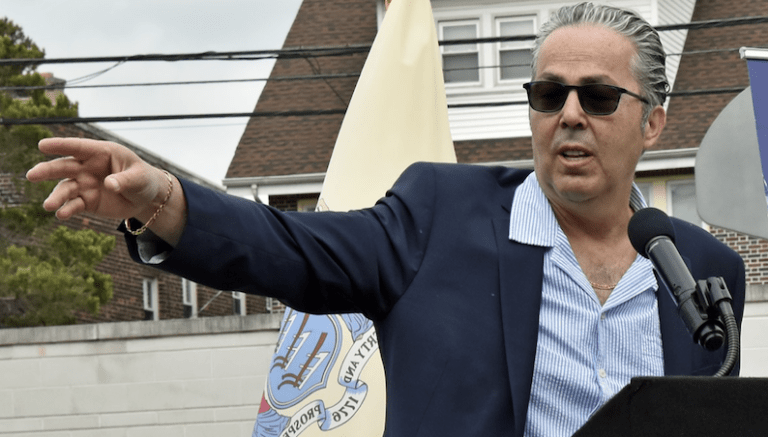By Mark J. Magyar
Under 2011 law, employee healthcare contribution are based on ‘ability to pay’ with sliding scale ranging from 3 percent to 35 percent of premium
Three-and-a-half years ago, the state Pension and Health Benefits Study Commission appointed by Gov. Chris Christie would have had an easy time arguing that public employees should pay more toward their healthcare, as Christie has asserted.
At that time, the average state worker was paying just 3.6 percent of health premium costs, and some teachers, police, and local government employees were paying nothing at all, toward some of the most expensive healthcare policies in the country.
Today, however, while the cost of New Jersey public employee health insurance coverage remains the third-highest in the nation, most New Jersey public employees are paying more than the national average for state government workers toward their health insurance costs, an NJ Spotlight analysis shows.
In fact, the average New Jersey government employee is paying more for individual health insurance coverage than government workers in any other state and the 10th-highest average premium for family coverage in the country.
Further, state and local government workers are paying a much higher percentage of the cost of their individual health insurance policies than private-sector employees in New Jersey have been paying, and not much less than the percentage paid by the state’s private-sector workers for family coverage.
More>>




